Differences and similarities between words
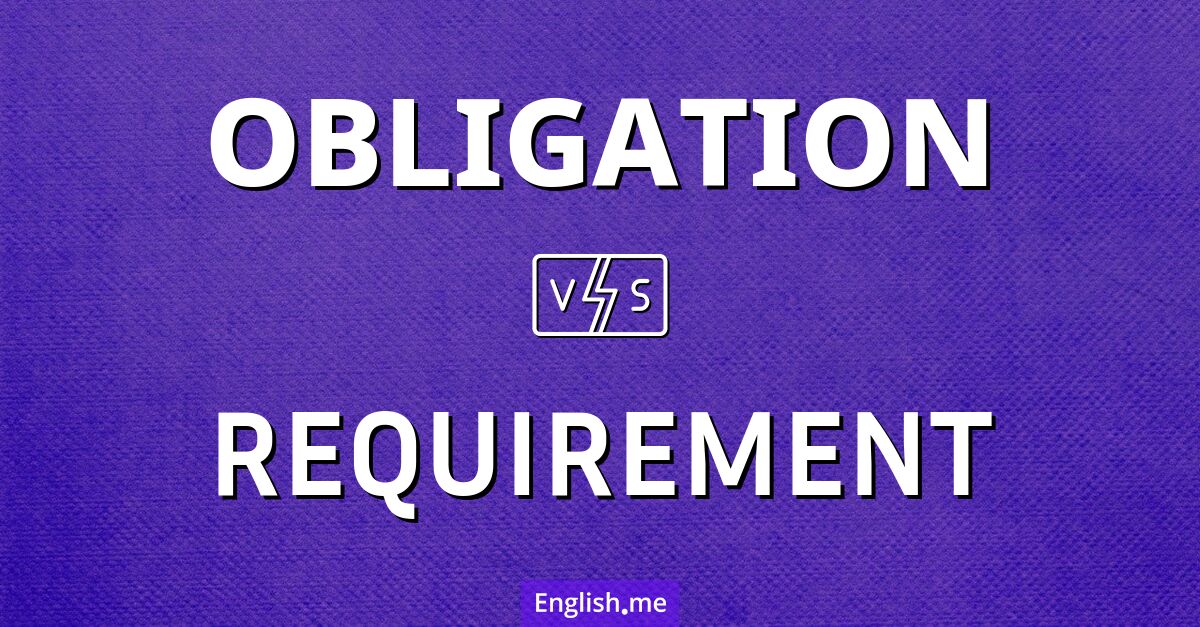
"Obligation" vs. "requirement": when words get demanding!
An "obligation" often has a moral, legal, or social aspect, ... Learn more →
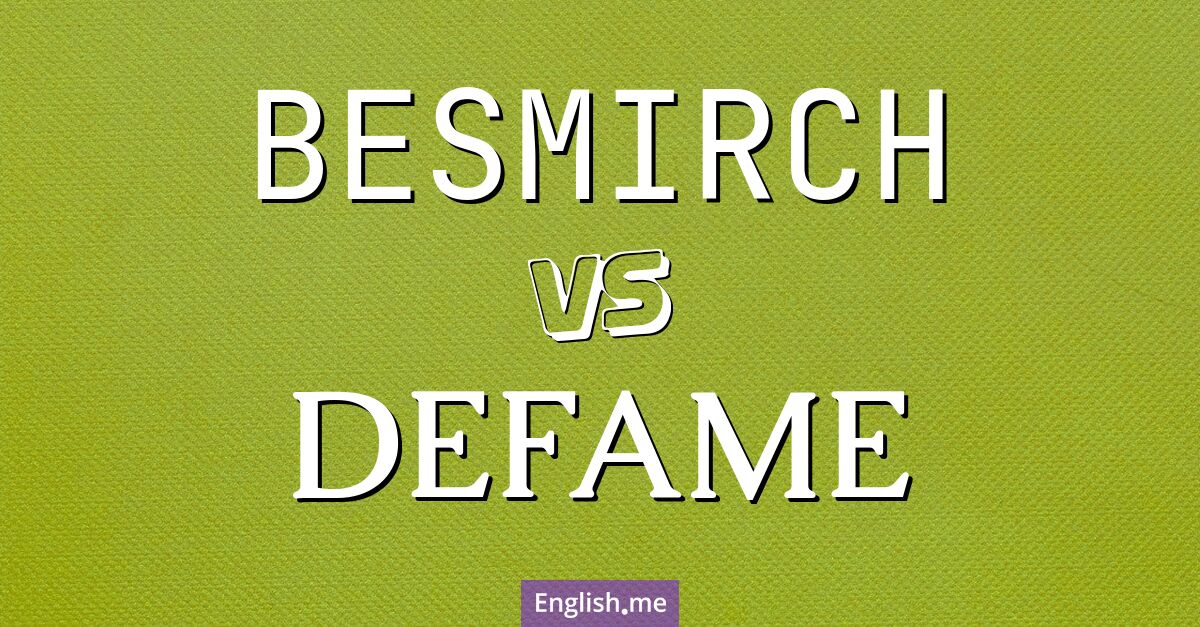
"Besmirch" vs. "defame": words that tarnish and their nuances
While "besmirch" can refer to soiling or staining both literally ... Learn more →
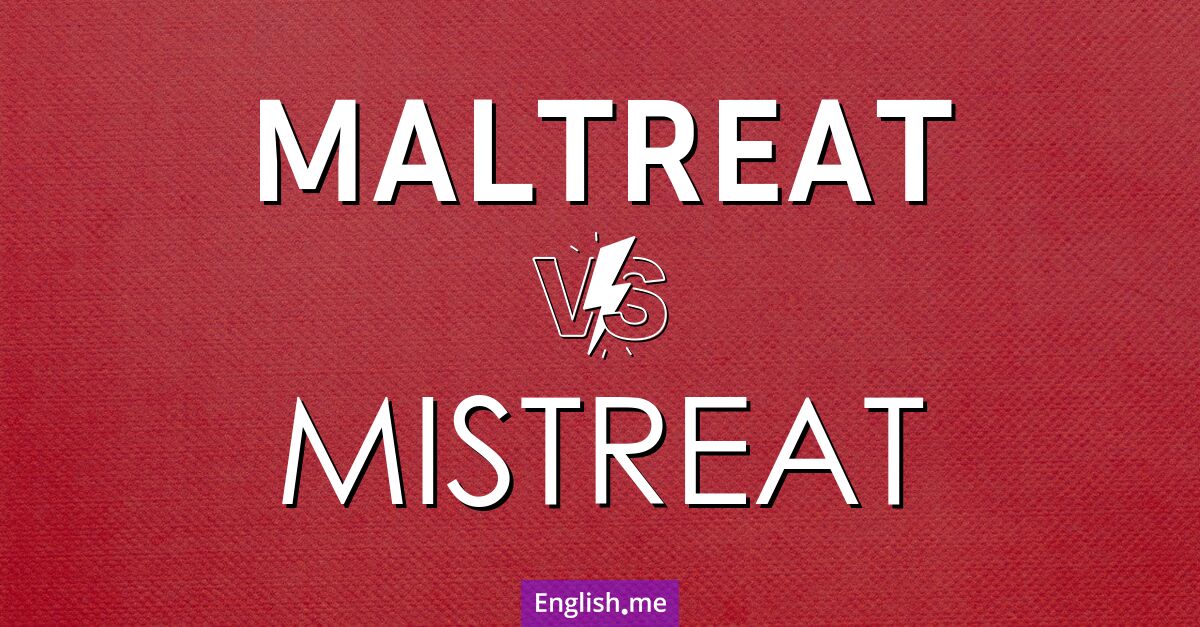
Neglecting nuance: exploring "maltreat" vs. "mistreat"
The difference between "maltreat" and "mistreat" is mostly based on ... Learn more →
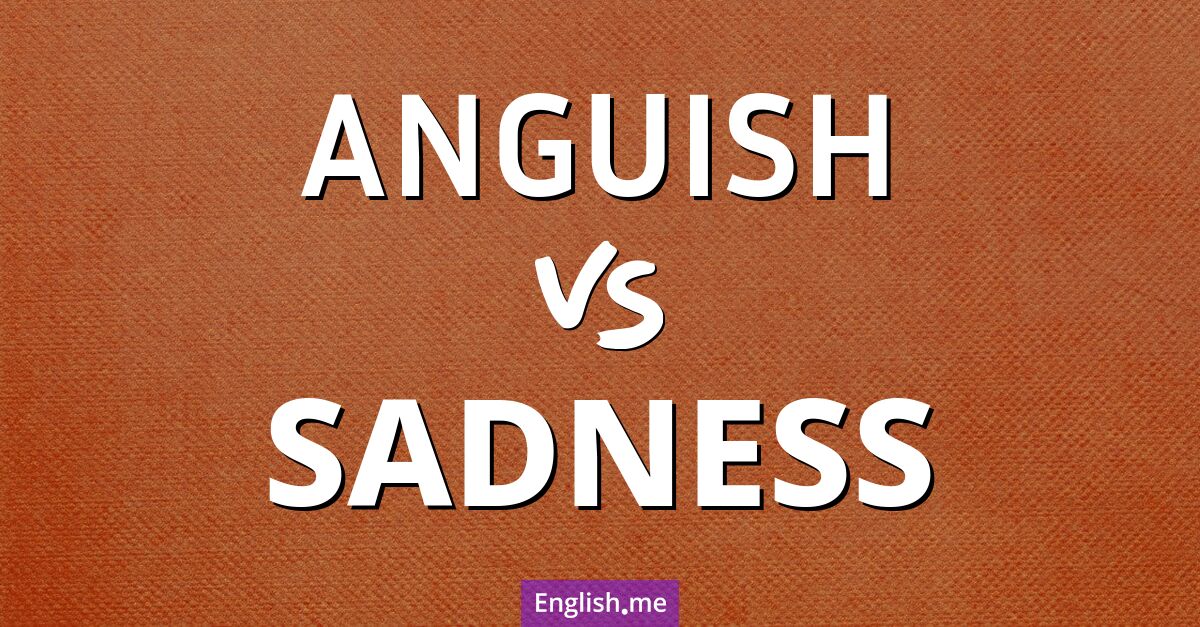
"Anguish" vs. "sadness": unpacking emotions beyond the blue
Anguish implies a more intense, acute level of suffering and ... Learn more →
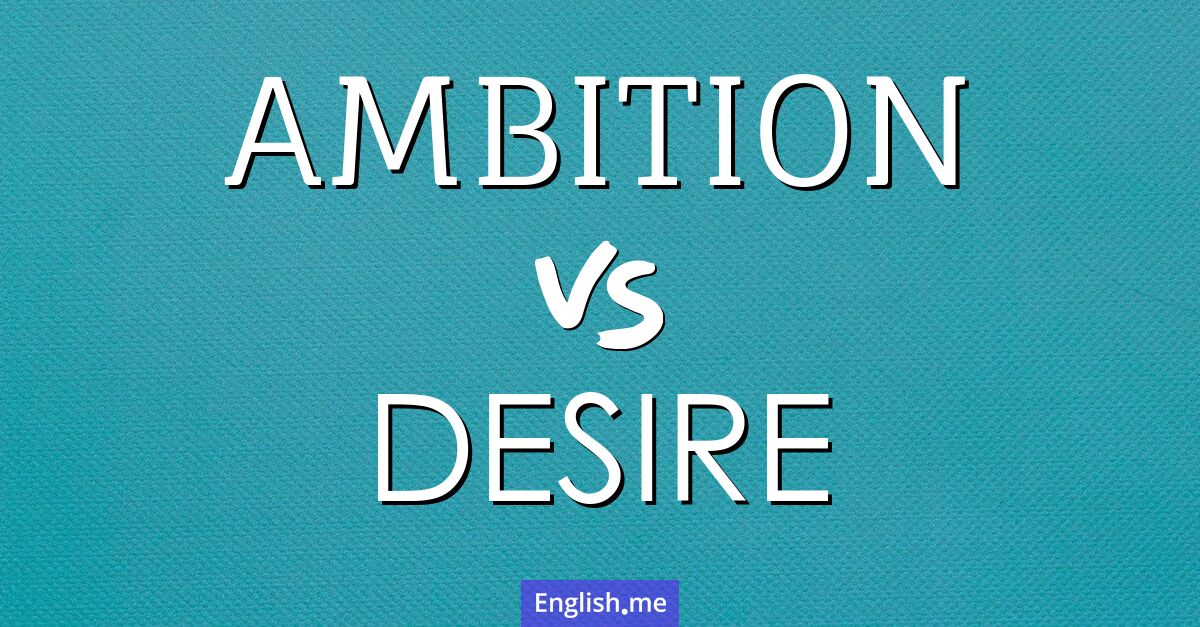
"Ambition" vs. "desire": exploring the drive behind our dreams
Ambition often suggests a strong determination to achieve success, status, ... Learn more →
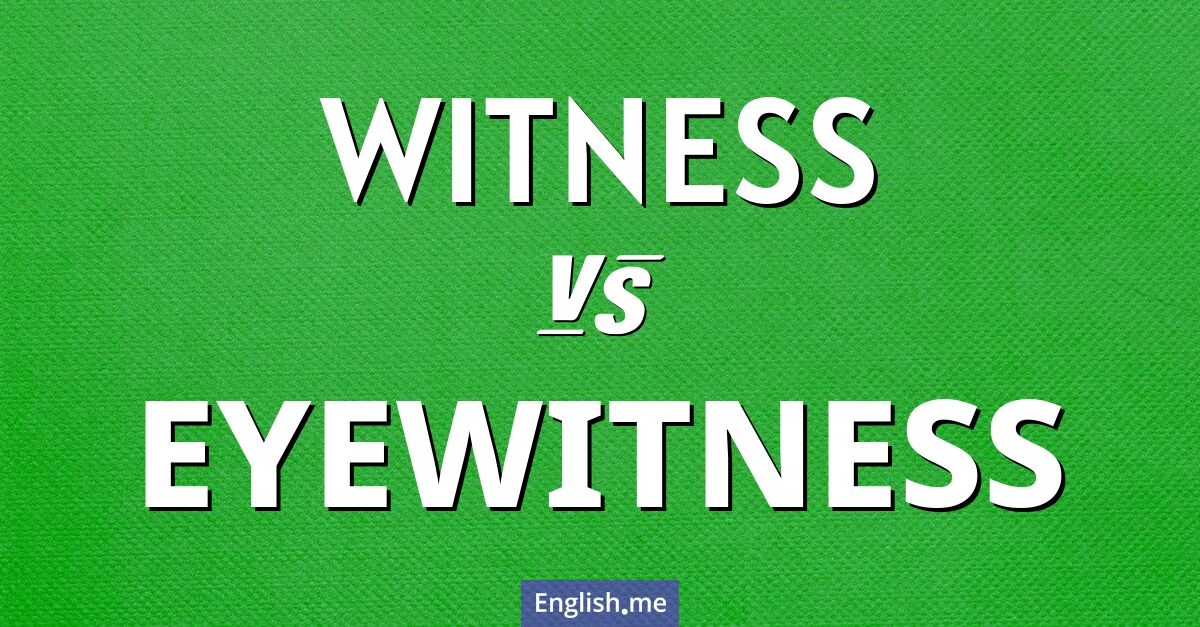
Seeing the difference: "witness" vs. "eyewitness"
An "eyewitness" specifically refers to someone who has directly seen ... Learn more →
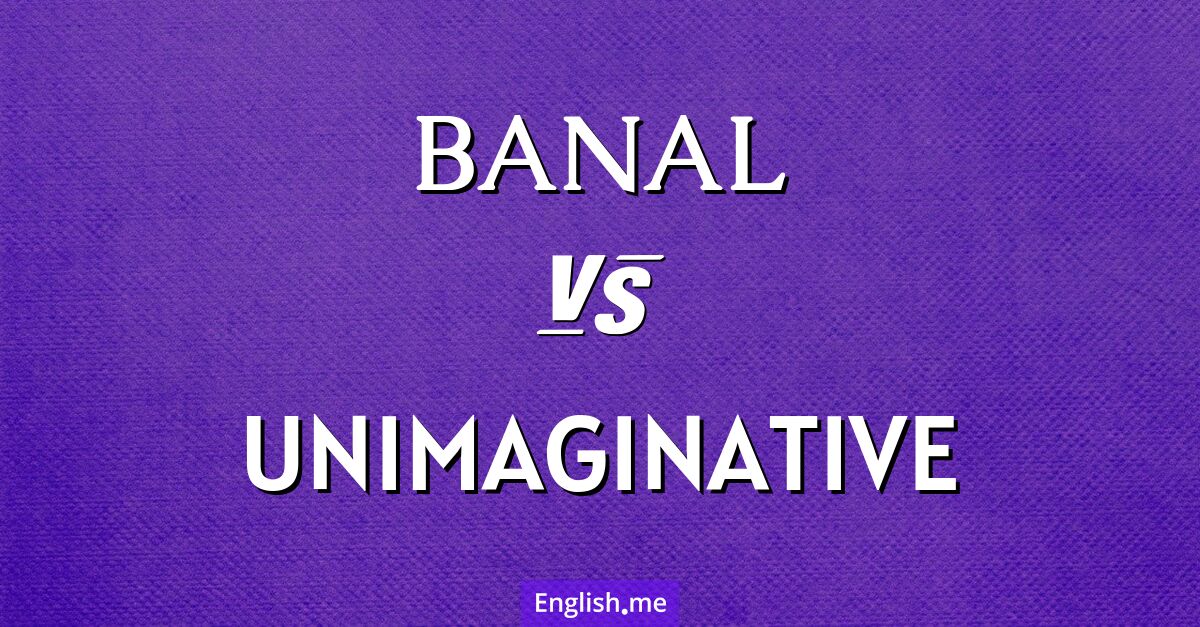
Beyond boring: exploring "banal" vs. "unimaginative"
The word "banal" specifically refers to something that is so ... Learn more →
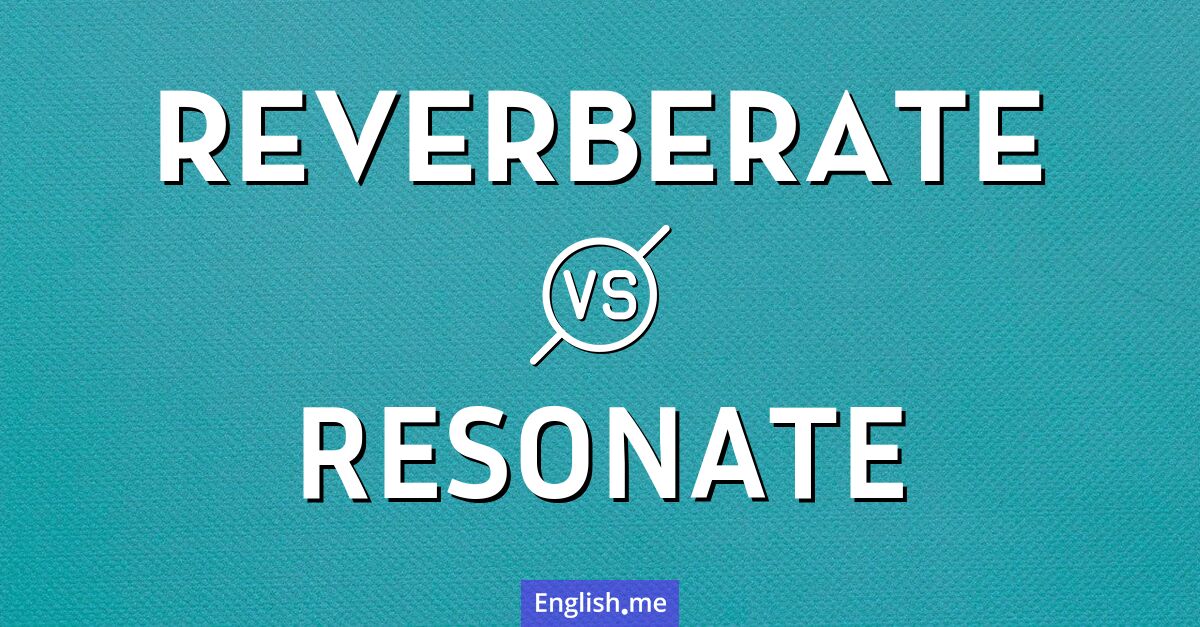
Echoes and vibrations: exploring "reverberate" vs. "resonate"
"Reverberate" typically refers to the reflection, continuation, or echoing of ... Learn more →
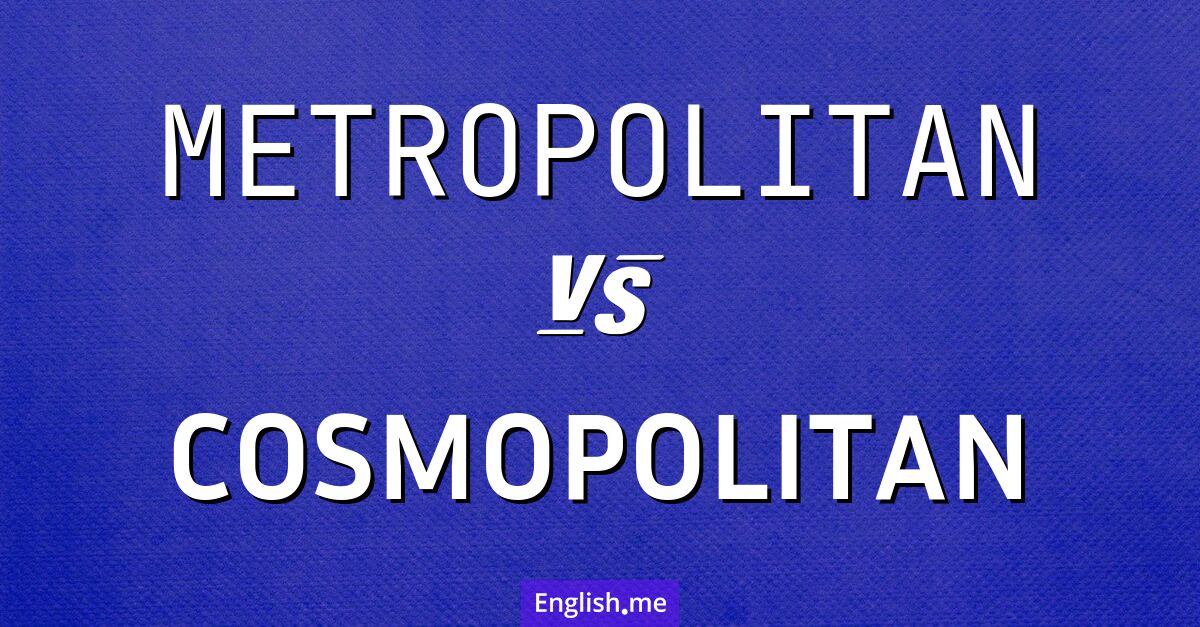
"Metropolitan" vs. "cosmopolitan": urban vocabulary
Metropolitan refers specifically to characteristics of a large city or ... Learn more →
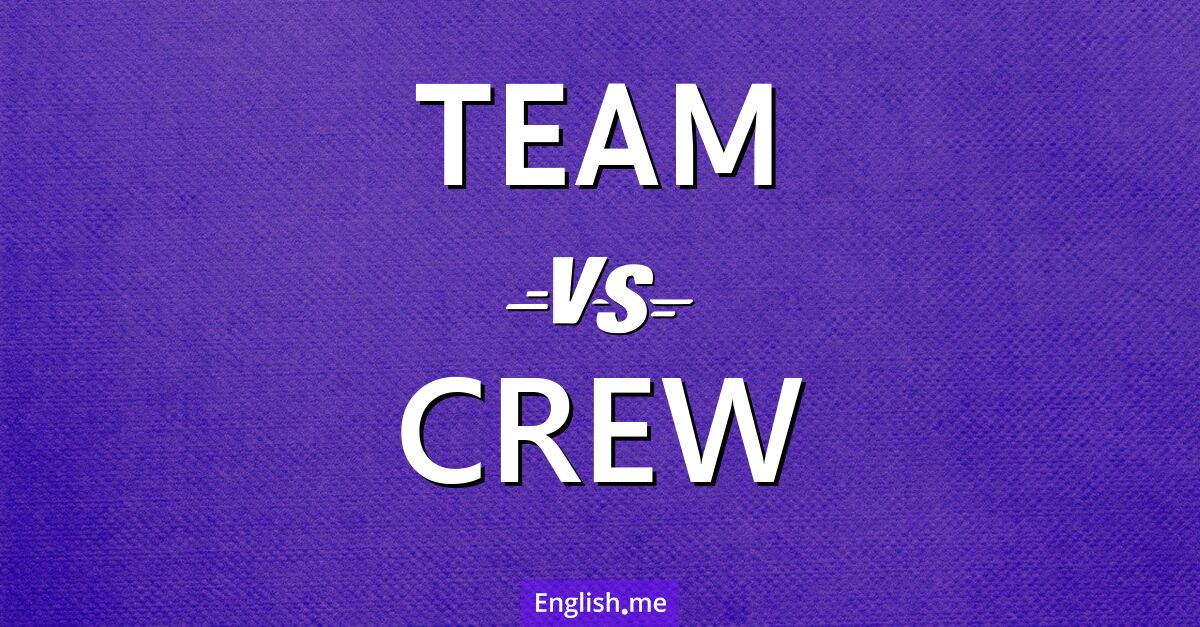
"Team" vs. "crew": the language behind collaboration
A "team" typically refers to a group working together, often ... Learn more →

 English
English español
español française
française italiano
italiano deutsche
deutsche 日本語
日本語 polski
polski česky
česky svenska
svenska Türkçe
Türkçe Nederlands
Nederlands